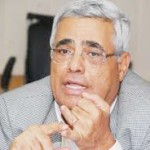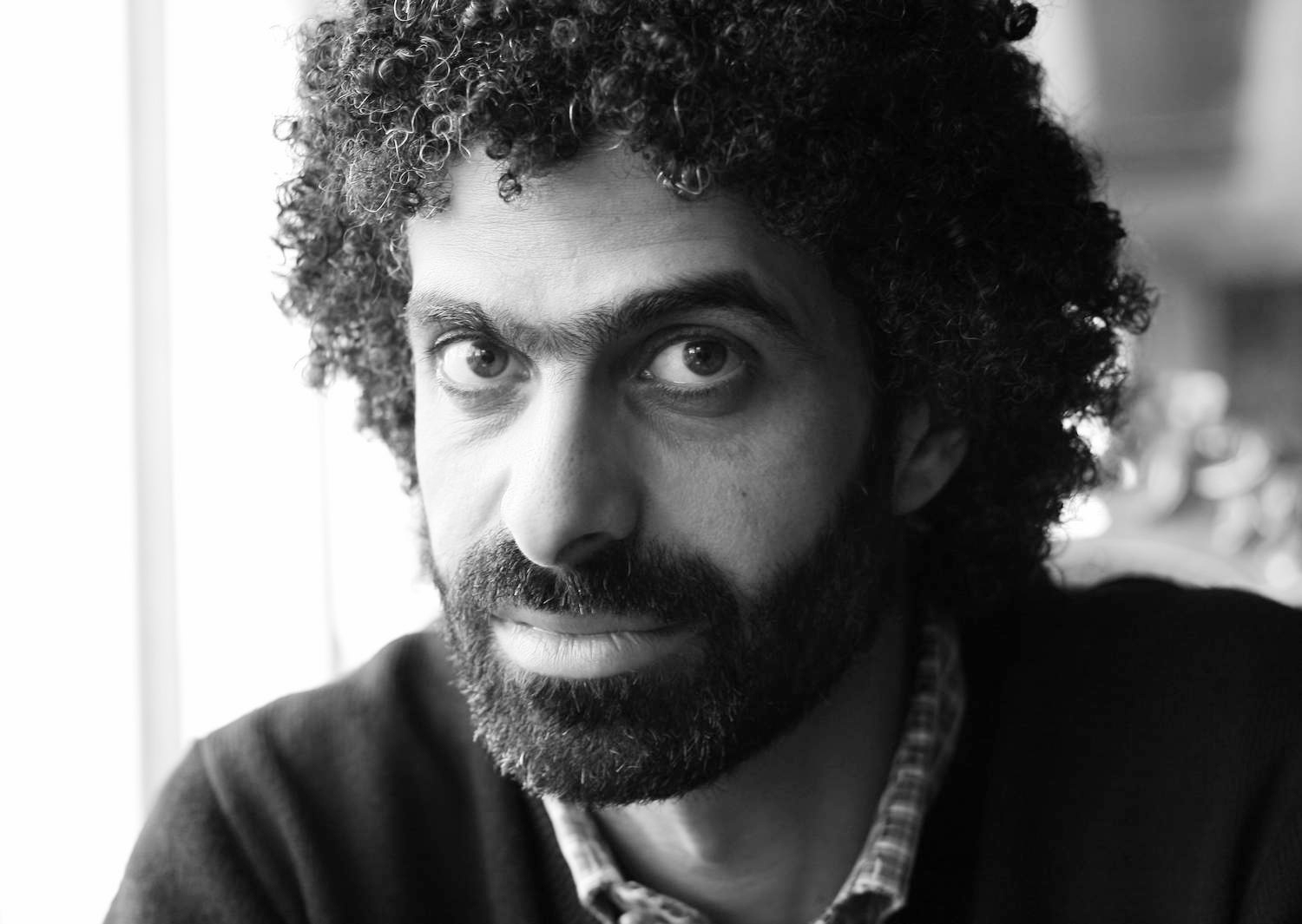The issue of the Constituent Assembly and its two versions of the draft constitution occupy many Egyptian columnists. Several writers scrutinise the drafts of the most important document, and others list a number of suggestions to make the document ready for public referendum.
The third party of the Constituent Assembly
Diaa Rashwan
Al-Masry Al-Youm
The appearance of two preliminary versions of the constitution, on 14 and 22 October, worries Rashwan. Differences are easily spotted when looking at the two drafts, especially in the article that deals with the position of the vice president. The first draft eliminates the position, splitting executive authority between the president and the government. The writer suggests the wording committee appears to work more independently than other operating committees that work in harmony with the assembly.
Many of the Constituent Assembly members have blamed the wording committee for the changes occurring in the draft. Rashwan sees the main problem in the assembly as the lack of accountability for any fundamental errors.
He believes that the only oversight over the Constituent Assembly is the conscience of its members and that of the Egyptian people. The assembly should not let slip even minor errors that could easily escalate and amplify doubt regarding the coming constitution. We ought not forget an earlier court decision that ordered the dissolution of the first constituent body, states Rashwan.
Will the Constituent Assembly return to square one?
Hassan Nafaa
Al-Masry Al-Youm
Deploring the two confusing draft versions of the constitution, Nafaa suggests a number of changes to make the draft constitution ready for a public referendum. After denouncing the second draft constitution that was released on 24 October, the writer states that the general secretary of the assembly should have filtered all observations, notes and comments received with regards to the first draft.
The writer believes in the assembly’s intentions to prove to the public that it has been working hard to fulfil its mission, but having fundamental differences in the drafts brought about a lot of confusion. In order for the body to have a proper draft ready for public consideration, Nafaa suggests that all committees, including the wording committee, immediately announce they have finalised their tasks of drafting the constitution. He also recommends that the general secretariat should quickly start removing all errors from the draft.
What is politics?
Emad Al-Din Adeeb
Al-Watan
In his column, Adeeb investigates the meaning of politics as a general term used by the public. Attempting to educate his readers as to the true nature of politics, he refutes the common understanding that politics today is all about the constitution and the Constituent Assembly.
He writes that genuine politics is manifested in a solid connection with everyday life which affects 80 million Egyptians. When people discuss social issues like sexual harassment, the increasing rate of unmarried young people and financial issues affecting farmers in Upper Egypt; that is core politics.
He writes,“speak to me about the price of gas, edible bread and acceptable health services for citizens, then I will say you are a man of true politics.” Adeeb then refers to hurricane Sandy that is currently shaking the United States. He praises how President Obama changed his route from Washington to New York to provide support to the American people, despite the presidential race.
Politics signifies the service of people in the first place, according to Adeeb. To conclude, the writer notes that debating challenges of citizens and searching for effective solutions to their daily problems is the kernel of the most misinterpreted term: politics.
Half-Muslims and half-infidels
Mohamed Ismat
Al-Shorouk
Ismat considers the ongoing polemics surrounding the position of Shari’a in the constitution. Ismat argues that Islamists have caused the whole of society to suspect its own identity. He questions whether Egyptians are currently “Muslim enough,” or whether they have been living in a pre-Islamic jahiliyya (time of ignorance) while not being aware of it. Does Egypt’s adherence to western-style governance, such as parliamentary councils, ministries, constitutions, and political parties, mean that Egyptians are either half-Muslims or in other words, half-infidels?
Ismat considers such queries unanswered since the French campaign of 1798 and through the era of Muhammad Ali Pasha. He cites the way the Egyptian Occidentalist icon Rifa’ah Al-Tahtawi was heavily criticised for expressing his advocacy of French-style governance in his literature. This staunch Islamist opposition also extended to Taha Hussein’s dependence on the Cartesian method to revisit early Islamic history.
Ismat argues that following the 25 January Revolution, the Islamist opposition to any alternative view has resorted to more dangerous techniques, depending on the satellite channel sheikhs and their controversial fatwas. He urges Islamists to refrain from their auction of halal, haram, and takfir, while calling upon liberals to focus on setting the foundations of a mutually respectful dialogue, rather than rushing to appear in talk-shows.
Presidential smell and the rotten opposition
Wael Qandil
Al-Shorouk
Expressing his disdain for what he considers a “rotten criticism” of President Mohamed Morsy by the Lebanese pro-Assad Al-Diyar newspaper, Qandil rejects resorting to describing the President’s odour. He also condemns those in Egypt who disagree with Morsy and lauded these reports, and accuses them of championing a rotten mentality.
Qandil states that the single major achievement of Morsy after almost 120 days in office is the way his political opposition has transcended all barriers. He argues that the insults and verbal abuse hurled at the president and his family proves that he was indeed a better alternative to the “Terminal 3 General” (Ahmed Shafiq), regardless of the obvious mistakes in his political performance.
Qandil admires the way the criticism directed at Morsy in only 120 days has dwarfed all sorts of shy scepticism of ousted President Hosni Mubarak over the entire course of his 30 years in power.
In Qandil’s analysis, the pro-Assad newspaper resorted to this unprofessional discourse following Morsy’s official stance in support of the Syrian revolution against the Baathist regime’s brutality. What Qandil cannot digest is seeing an Egyptian applauding such nonsense.








